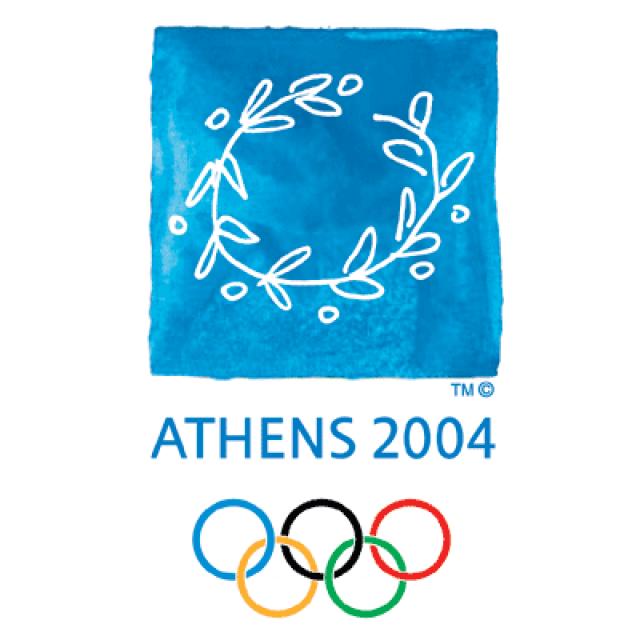Anti-doping agencies have been relatively powerless to catch steroid users with current anti-doping protocols. Anti-doping officials have had the most success digging into the past to uncover steroid users from several years ago. The hope is that more sensitive and sophisticated detection techniques will be developed that will allow them to find previously undetectable substances.
In order to accomplish this, the International Olympic Committee (IOC) collects and stores blood and urine samples from Olympic athletes for eight years following each Olympic Games. The IOC first implemented this policy with the 2004 Summer Olympics in Athens.
The IOC retroactively suspended Olympic athletes for the first time six weeks after the 2008 Summer Olympics in Beijing. A new test for CERA, a third-generation oxygen-boosting drug that is a PEGylated version of erythropoeitin (EPO), was used to re-analyze all samples. The IOC was able to catch and suspend five athletes.
The IOC was encouraged by this small victory in its war on doping. The eight-year storage guidelines was thought to act as a powerful deterrent for athletes considering the use of steroids and PEDs.
In May 2012, the IOC re-analyzed 100 samples from the 2004 Summer Olympics in Athens. The “A” and “B” samples of five athletes reportedly tested positive for unidentified PEDs. The International Olympic Committee (IOC) Executive Board will determine the fate of these athletes at a meeting in Lausanne on December 4-5, 2012.
The German television station ARD identified the five athletes as being involved in shot put, discus and weightlifting. These sports have historically had a relatively high rate of steroid use.
The five athletes include: Yuriy Bilong, the men’s shot put gold medalist from the Ukraine; Svetlana Krivelyova, the women’s shot put bronze medalist from Russia; Irina Yatchenko, the women’s discus bronze medalist from Belarus; and Oleg Perepechenov, the men’s bronze weightlifting bronze medalist from Russia.
Russian Darya Pischchalnikova, the women’s discus silver medalist at the 2012 London Olympics, was recently caught with metabolites of stanozolol (Winstrol) in a recently re-analyzed urine sample. The IOC reportedly use a more sensitive test for the detection of steroids. It is unclear if a similar advanced test was applied to the Athens samples.

Source:
Associated Press. (November 26, 2012). IOC to hold doping hearings. Retrieved from http://espn.go.com/olympics/story/_/id/8677650/ioc-hold-hearings-positive-doping-cases-athens-2004
Related Posts :
- Russian Athlete Tells Olympic Officials to Go to Hell After Testing Positive for Steroids
- Shotputter Adam Nelson May Receive Athens Gold After Winner Tested Positive for Steroids
- Olympic Discus Thrower Loses Silver Medal After Testing Positive for Anabolic Steroids
- Norwegian Track Coach Suspended for Giving Steroid Advice

